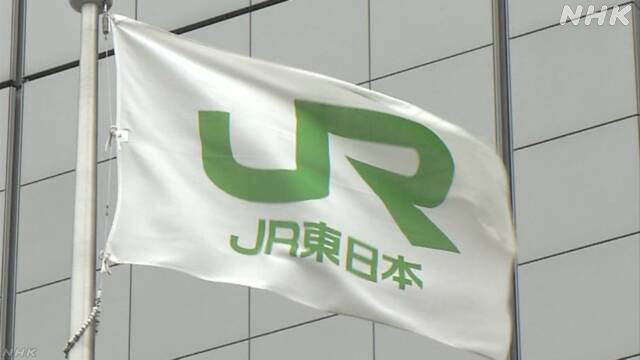JR East has announced that it will not raise wages, which is equivalent to raising the base salary next year, due to the ongoing severe management due to the effects of the new coronavirus.
It is the first time since 2013 that JR East has forgotten to raise the base.
Due to the impact of the new coronavirus, the number of Shinkansen and conventional line users has decreased significantly, and JR East is expected to have a final deficit of 395 billion yen for the current fiscal year, and is continuing to operate harshly.
Approximately 49,000 people are working as full-time employees in JR East, and in this spring battle, the labor union issued a request to raise the base, and labor-management negotiations continued.
As a result, the company decided to forgo the wage increase equivalent to the base increase next year and responded to the union on the 18th.
It is the first time since 2013 that JR East has forgotten to raise the base.
A "regular salary increase" will be implemented to raise wages according to age and years of service, but the level of increase will be only about half that of this year.
JR East said, "While we have to make unprecedented strict decisions, we will not raise the base, but we will raise the salary regularly, taking into consideration the expectations of employees' positive challenges for the future. I made it. "

